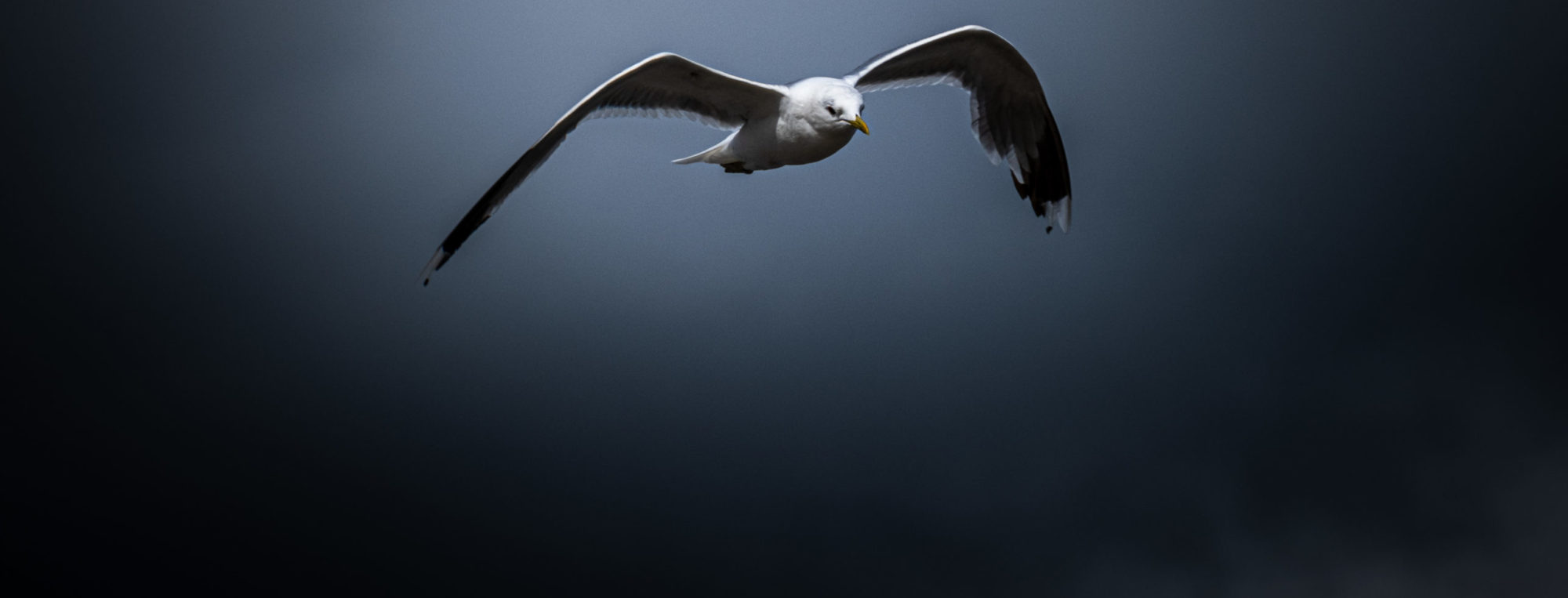So, it’s Thursday and time to get to know another contemporary composer. This week we’ll get to know more about the British composer Garry DW Judd which I have posted about before, here!
Let’s get to it!
What’s your real name?
My real name is Garry DW Judd
How did you come up with your artist name?
My parents did it for me! Actually, I have written a lot of film and television music under the name Garry Judd and I wanted to present my classical music separately, so for that I use my middle initials DW.
Where are you from? And where do you live?
I am from London originally and I now live in the Hertfordshire countryside just north of the city.
How long have you been playing the piano, and do you play other instruments as well?
I always think of myself as a composer rather than an instrumentalist, but I have been playing the piano, guitar, bass, clarinet and various others since I was eight.
Tell us about how you started playing music.
When I was fourteen, I had the option of doing music as a more serious subject at school and onward at university…That was when I set my sights on being a composer for a living. Before then I had been in a band, but that showed me that I wasn’t suited to being a performer.
How long have you been making piano music?
My first major piece was Three Knobblers for Piano when I was eighteen. The concert pianist Leslie Howard played them at the Wigmore Hall in London and on BBC Radio 3.
Tell us something about that moment you realized you could make songs yourself!
My music teacher gave me a score of Ravel’s Introduction and Allegro and set the record playing in the music room. It was a beautiful sunny day, with butterflies and bees buzzing in and out of the French windows. That was the moment I knew that I wanted to be a composer!
What are your favorite artists in this “piano genre”?
As a composer, I tend to think of composers rather than artists. I love piano music by Grainger, Ravel, Debussy and Bartók. Of course my favourite pianist is Leslie Howard who is known as a specialist in the music of Liszt.
Is there one song which you play over and over again as soon as you sit down by a piano? Your own or someone else’s?
I rarely play the piano, other than to experiment with my own music, so it’s more like noodling when I get a chance! I tend to compose away from the piano.
What rules (in making music) needs to be broken?
I like to experiment with form. I think that there are enough sonatas and symphonies in the world already, so I’m constantly thinking of new ways to present the music. That’s why I came up with the idea of one hundred Electric Nocturnes…A book of ten variations, with each subsequent book being a set of direct variations on each piece. So it’s a block of ten by ten which can be navigated in different ways. That’s the sort of thing I like to do.

How do you record your music?
I compose anywhere, although I have a ‘composing shed’ in my garden. I record the music in my home studio, which is in another, bigger shed!
Whats your take on sampled instruments?
Of course, nothing beats the nuances of a live performance on a real instrument played by a real human, but I love to experiment with sampled instruments and other techniques (like granular synthesis) in my film work.
Anything else you want to share?
I’m occasionally asked to give advice to aspiring composers and I always say, know your music theory, be honest and don’t stop!
And the question from my six year old son:
Where do all your songs come from?
Your son’s question which is a very interesting one.
I really don’t know where the musical ideas come from, but I’m very pleased that they do! Sometimes it can be a series of notes or harmonies…Other times it’s a feeling or mood. The hard work is in presenting those ideas in a way which is honest to yourself and also something which no one else could (or would want to) do.
Thank you very much Garry!
For more information, you can check out these links:
Facebook / Instagram / Twitter / Website / Spotify
